by Dan – Local 1
I have been teaching in the lucrative ESL (English as a Second Language) market in Vancouver for 9 years. Each year over 1,000,000 ESL students come to Vancouver to take classes. I often wonder if ESL classes will still be popular in 10 or 20 years. Online learning has become increasingly popular and available. Will my job disappear because I have become redundant and unnecessary as an English teacher? ESL is a growing industry in Vancouver, and I don’t believe online course will replace ESL classrooms in the foreseeable future. That is because ESL is more than just about learning English skills like vocabulary and listening.
When the UK launched its first MOOC (massive open online courses) program, FutureLearn, 20 000 students signed up for it in the first 24 hours. Programs like FutureLearn are certainly cheaper and more accessible to international students than taking classes abroad. They are also optimized for use on desktop and mobile devices. However, MOOC doesn’t have ESL classes. The kinds of classes that have proven successful online are usually Master’s programs or specialized classes done in the students’ own language. Learning another language is different. The important face-to-face interactions between students and with the teacher are much more important than when learning an academic subject.
ESL students have become more serious and career-focused. Some of them do turn to online courses to complete their studies. However, students also go abroad for the cultural experience of living in another country. The value of that cultural experience can’t be overstated. Foreign students make friendships and develop relationships that last a lifetime. Students also like going out with their new friends which in turn improves their English. It’s true that many students who don’t have the financial means to fly to a new country to take English classes can certainly benefit from online classes. However, students who have the financial means (like the kind who come to Vancouver) prefer to take traditional classes.
Additionally, the nature of learning a language is certainly based on engagement and motivation. Students who have to live their daily lives in English and take English classes can access that motivation more easily than students who simply use an online course. Being in a new city and being immersed in a new language brings all kinds of opportunities to engage in English in and out of the classroom. There are interactions with real teachers and students, presentations and discussions all taking place in real time. Online courses using discussions and lectures are good for some kinds of courses – namely courses that have a specialized focus like Biology or Math. Studying English, on the other hand, is more experiential, involving complex features like culture, humour, and misunderstanding.
Of course I may be wrong that the ESL teaching market will stay strong and vibrant in Vancouver. Perhaps my job will evaporate and I will be replaced by an online program or a robot. The ESL market is very competitive and there are certainly no guarantees, but from where I stand Vancouver is a growing, healthy ESL market that will continue to flourish into the future.
